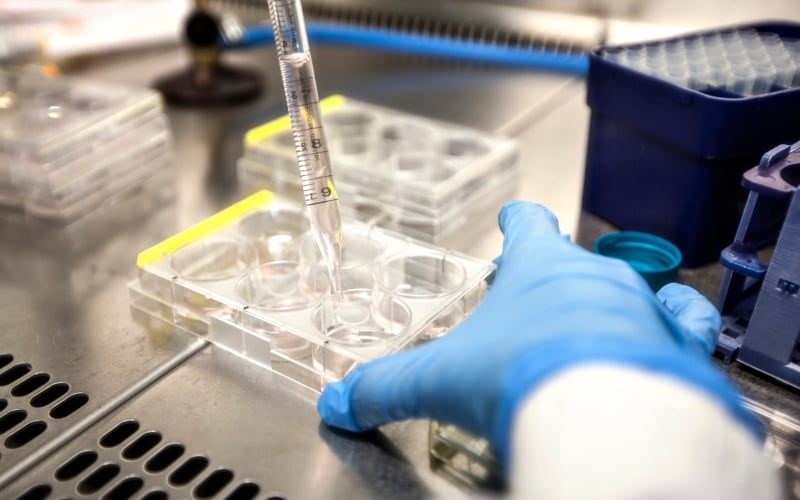Toxic relationships are nothing new, yet they have become a staple term in 21st century vernacular. Awareness has grown about the factors contributing to an unhealthy relationship and we often see relationship toxicity cited as the reason for splitting up. But what is the price we pay for being in a difficult or harmful relationship? We examine the impact in this article.
What is a toxic relationship?
A toxic relationship can be defined emotionally or physically actions from one partner to another, oftentimes it can be a combination of the two and can sometimes involve sexual abuse too. One party may be continually manipulating, controlling and disrespecting the other either consciously or not. If you are feeling constantly blamed, guilted or undermined, you could be in a toxic relationship.
How your mental health is being impacted
It can be hard to gain perspective on your relationship, especially if you have an unhealthy connection. Here are the mental health warning signs:
- Low self-esteem and insecurity
- A reduction in energy levels and lethargy
- Feeling depressed and unmotivated
- Becoming less interested in your usual hobbies and interests
- Putting your own health on the backburner
- Experiencing physical symptoms of stress which could be anything from sleep issues, chest pains, indigestion, stingy eyes or even panic attacks.
In severe situations, you could become severely depressed, very withdrawn and unable to get through daily life. From a scientific point of view, and according to Dr Will Cole, the stress from being in a toxic relationship can result in ‘long-term activation of the brain’s CTRA’ which can end with the increased risk of health issues like adrenal fatigue and chronic inflammation.
Leaving a toxic relationship
Deciding to split up from your partner is never easy, but when you’re contemplating leaving a very difficult relationship, things can be even more challenging. The unhealthy attachment you may have formed with one another can make you question your decision. Toxic partners can often gaslight you into thinking the breakdown is on you. This can be very confusing and cause you to question your own judgment and make you feel as if you are to blame.
Why you may be in a toxic relationship
Toxic relationships can develop for a variety of reasons typically relating to deep, underlying issues such as childhood trauma, attachment problems leading to narcissistic behaviour, and unhealthy relationship patterns. While it can certainly help to understand why you have a toxic connection or why your partner is toxic, it’s also important to not make excuses and stay in an emotionally or physically harmful relationship.
Although it can be difficult to acknowledge, the cause of your damaging relationship could be down to you. Ask yourself if you consciously act passively aggressively on a regular basis causing your partner to tiptoe around you. Question whether you frequently use affection as a means of getting what you want from your partner, or if you play mind games with their emotions, for example, deliberately making them jealous to hurt their feelings. Combined, these behaviours, when acted out regularly could point the finger towards you, but by realising your own contribution, you will be making the first step in moving on towards healthier connections in the future.
Conclusion
Toxic relationships can be enormously difficult to free yourself from, with many couples going through a cycle of splitting up and getting back together again for years. In the first instance, it can help to talk things through with a friend, it’s also very valuable to speak directly to a relationship therapist to help you break dysfunctional relationship patterns.
—
This post brought to you by M. Rafiq
Photo by Adrian Swancar on Unsplash
The post How Toxic Relationships Affect Your Mental Health appeared first on The Good Men Project.
Original Article









